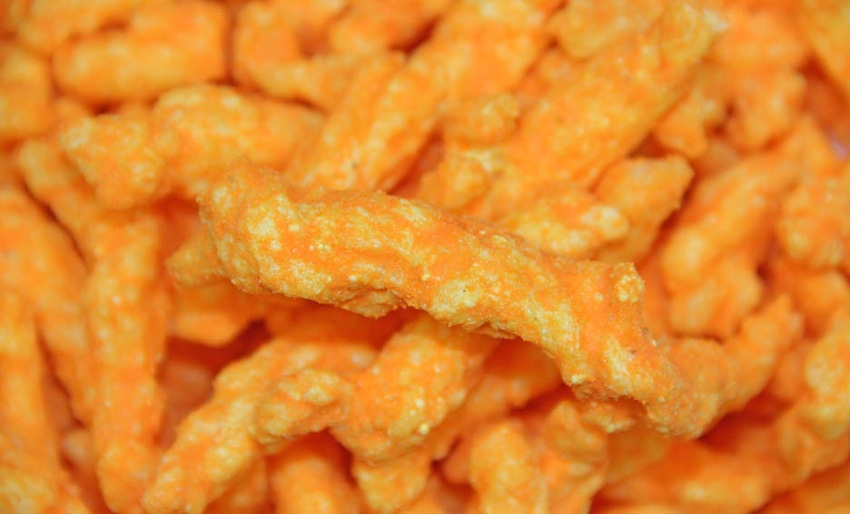March 1, 2013

“The Extraordinary Science of Addictive Junk Food,” an article by Michael Moss in the
New York Times, lights up a lot of dark corners of the junk food industry and offers some genuinely fascinating angles on how Dr. Pepper, Coke, Cheetos, Lunchables and a bunch of other products are marketed.
Moss puts partial blame for America’s obesity and health problems on the food companies: “What I found, over four years of research and reporting, was a conscious effort — taking place in labs and marketing meetings and grocery-store aisles — to get people hooked on foods that are convenient and inexpensive.”
Moss’ article (actually an excerpt from his book, “Salt Sugar Fat: How the Food Industry Hooked Us”) is an excellent read and plays well in the age of “Blame anyone but me.” But it also tends to throw personal responsibility in the backseat.
The United States is stuck in a perpetual obesity epidemic with a third of Americans qualifying as clinically obese. A morbid bright spot came in 2011 when Qatar passed the U.S. in the international obesity race. (Searing heat and armies of house servants keep the oil-rich Qataris grafted to the couch.)
But when it comes to food and the denial of personal responsibility, nobody plays it up much better than our own government.
• Sugar taxes and soda bans in the name of good health; it’s only a matter of time.
• GM food labels on the horizon? A federal bill requiring GM food labeling is set for Congress in 2013. The costs to the U.S. economy would be in the billions.
• Continued expansion of SNAP rolls, with the government spending about $6 billion per month on the food stamp program. (48 million Americans on food stamps? That’s more people on the dole than the population of Argentina, Canada, Poland, or Spain.)
• 30 million kids on the $7 billion school lunch program. The politicians argue about whether American’s children should be served potatoes or broccoli for school meals — while allowing their parents to use EBT cards to buy the latest fare at McDonald’s and Pizza Hut. (It’s only been a year since the USDA actually sent letters to the CEOs of eBay and Craigslist requesting help in preventing online sales of EBT benefits.)
Only a week ago, I watched a perplexing exchange that has become all to familiar to most Americans: In the grocery checkout line, the lady in front of me, child in tow, dropped an armload of items onto the belt — a box of candy, three bags of Cheetos, a Red Baron frozen pizza, and a 2-liter Mountain Dew. She then whipped out an EBT card and was just about to pay, but stopped, and asked the cashier for an additional item hanging on the wall behind the counter — a television remote control. The cashier scanned the remote and dropped it in the grocery bag.
When the lady tried to pay — EBT safeguards kicked in and the cashier put the remote control back on the wall. The government system had worked: Remote control still on the wall, the lady was only able to walk out of the store with candy, Cheetos, frozen pizza, and Mountain Dew.
Remote control, no. Cheetos, yes. Government knows best.
About the Author(s)
You May Also Like




